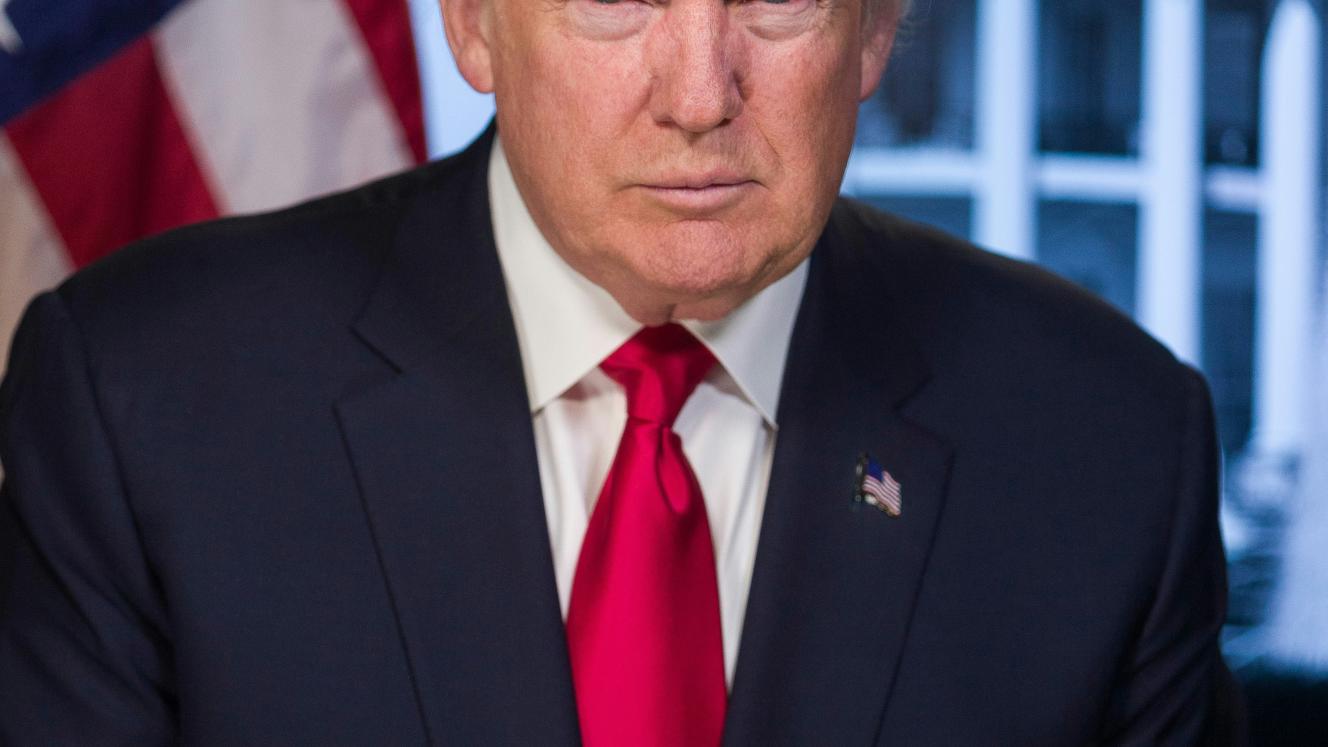The recent withdrawal of the US from the Paris Agreement is set to impact global renewable energy logistics and investment flows, raising concerns about the future of clean energy projects worldwide.
The decision puts approximately US$300 million (R5,6 billion) in clean energy funding, which is critical for renewable energy projects, at risk – particularly those involving transportation of wind farm equipment.
Transporting turbines and related equipment typically accounts for 10% of a wind project’s upfront capital costs with variations depending on turbine size and distance to installation sites. In the US, transportation costs for land-based wind projects generally range from 3-8% of total capital expenditure.
Large wind turbines require specialised transport equipment and permits, leading to significant logistical costs. For instance, a 150 MW wind farm may require 689 truckloads, 140 rail cars and eight ships to transport the necessary equipment. Nordex Energy South Africa is managing the transportation of 550 abnormal load deliveries for the Umsobomvu Wind Farm, part of the Koruson 2 cluster. The operation involves moving 81-metre-long turbine blades, nacelles and other components from the Port of Ngqura to the Eastern and Northern Cape border. While some components are imported, others, like concrete towers, are manufactured locally in the Eastern Cape, reducing international shipping needs.
While existing projects remain funded, the US withdrawal introduces uncertainty for future wind farm investments. President Trump’s pro-fossil fuel policies threaten the specialised logistics sector, which has flourished around clean energy infrastructure. Reduced federal support could result in decreased investment, project delays and fewer contracts for companies.
South Africa reacts
South Africa’s Minister of Forestry, Fisheries and the Environment, Dion George, expressed profound regret at the decision of the US to withdraw from the agreement. “The Paris Agreement represents the most flexible and dynamic approach to addressing climate change. The US played an important role in the negotiation of the Paris Agreement. The withdrawal of the US is not only an abdication of the global responsibility that we all have to humankind but damaging to multilateralism, international law and carefully built trust between nations.”
George said South Africa remains steadfast in its commitment to achieving the goals outlined in the United Nations Framework Convention on Climate Change and the Paris Agreement. “We must and will take this opportunity to innovate and promote sustainable solutions. The global effort to combat climate change and address its impacts cannot be postponed. There is an urgent need for action.”













